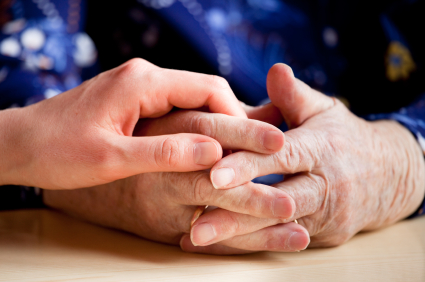Gap in Life Expectancy Between Psychiatric Patients and the General Population Grows
JULY 26, 2013 · POSTED IN RISK FACTORS
A study published by Lawrence et al. in the journal BMJ in 2013 suggests that the gap in life expectancy between psychiatric patients and the general population is widening. This was due more to poor physical health than to suicide.
Investigators at the University of Western Australia in Perth found that within that geographic region, the gap in life expectancy for males with all mental disorders combined compared to males in the general population increased from 13.5 years in 1985 to 15.9 years in 2005. For females, the gap increased from 10.4 years in 1985 to 12.0 years in 2005.
Editor’s Note: Data from the US suggest even greater loss of years of life expectancy in those with serious mental illnesses. In the best case, in Virginia patients lost an average of 13 years of life expectancy compared to the general population, while in some western states up to 28 years of life expectancy was lost by the average patient.
Cardiovascular disease is one of the biggest contributors to these almost unbelievable statistics. It is possible that short telomeres resulting from stressors, episodes of depression, abused substances, and a variety of poor lifestyle factors such as smoking and lack of exercise also contribute to this huge deficit in longevity. Other factors that can co-occur with bipolar illness, such as inflammation, high cortisol, and oxidative stress, are likely problematic as well.

No comments:
Post a Comment